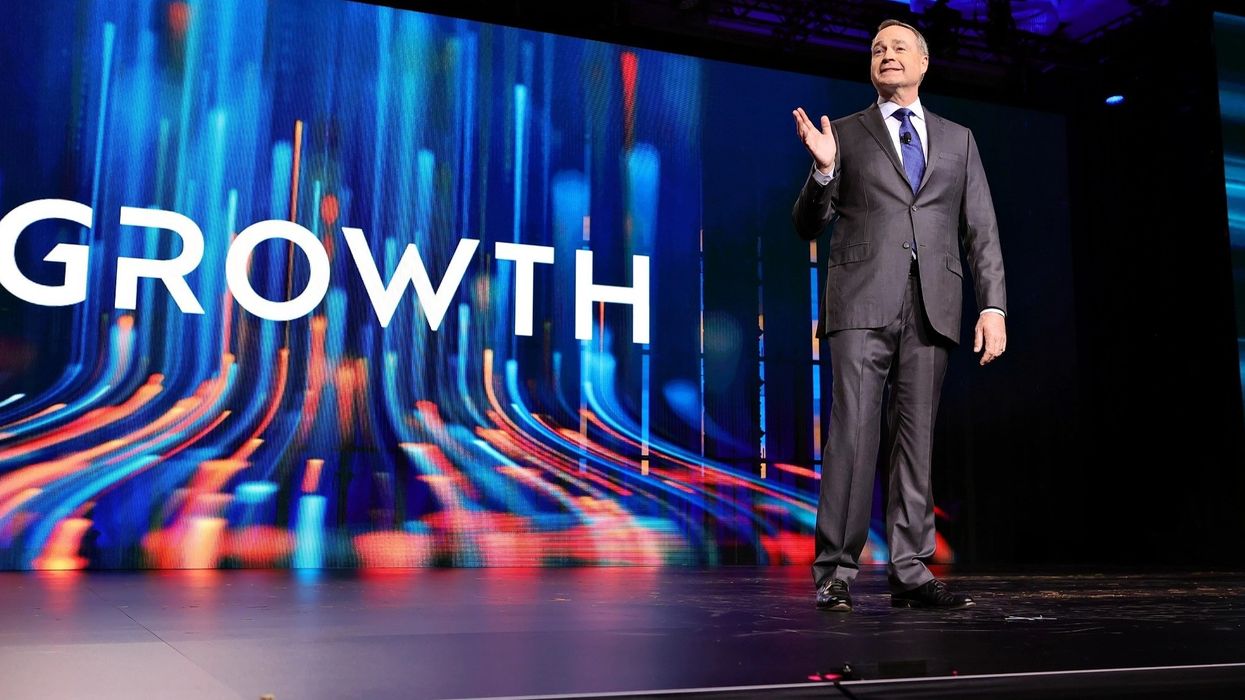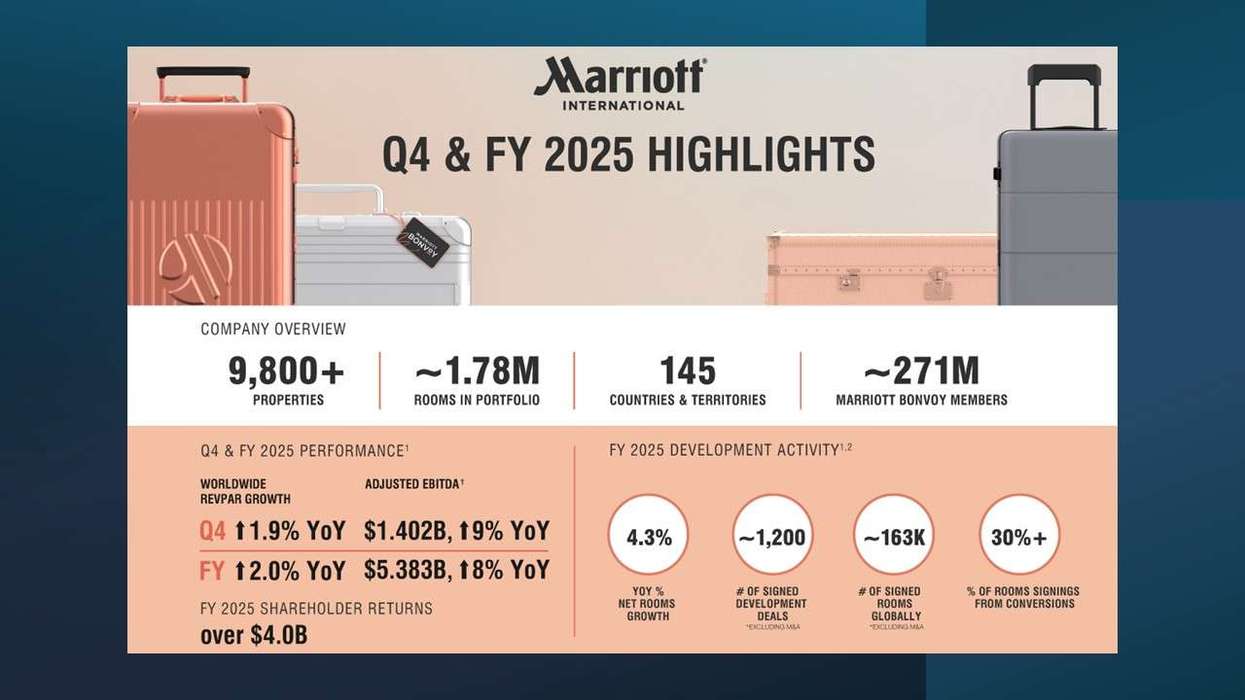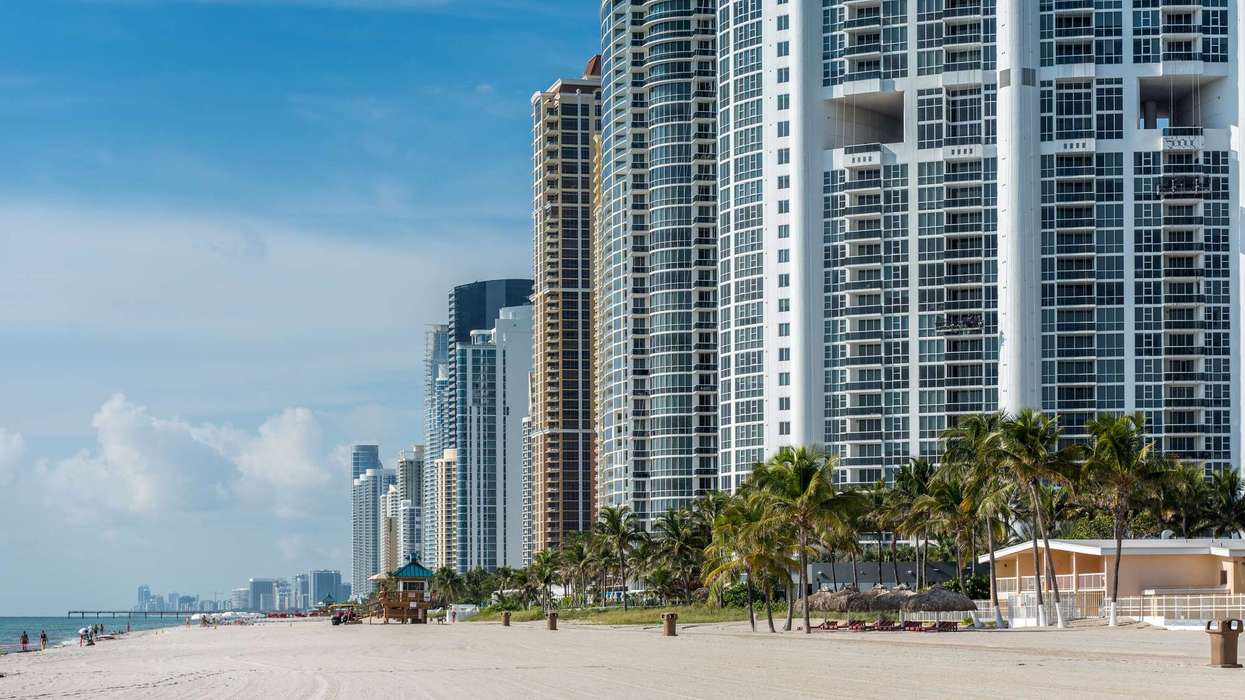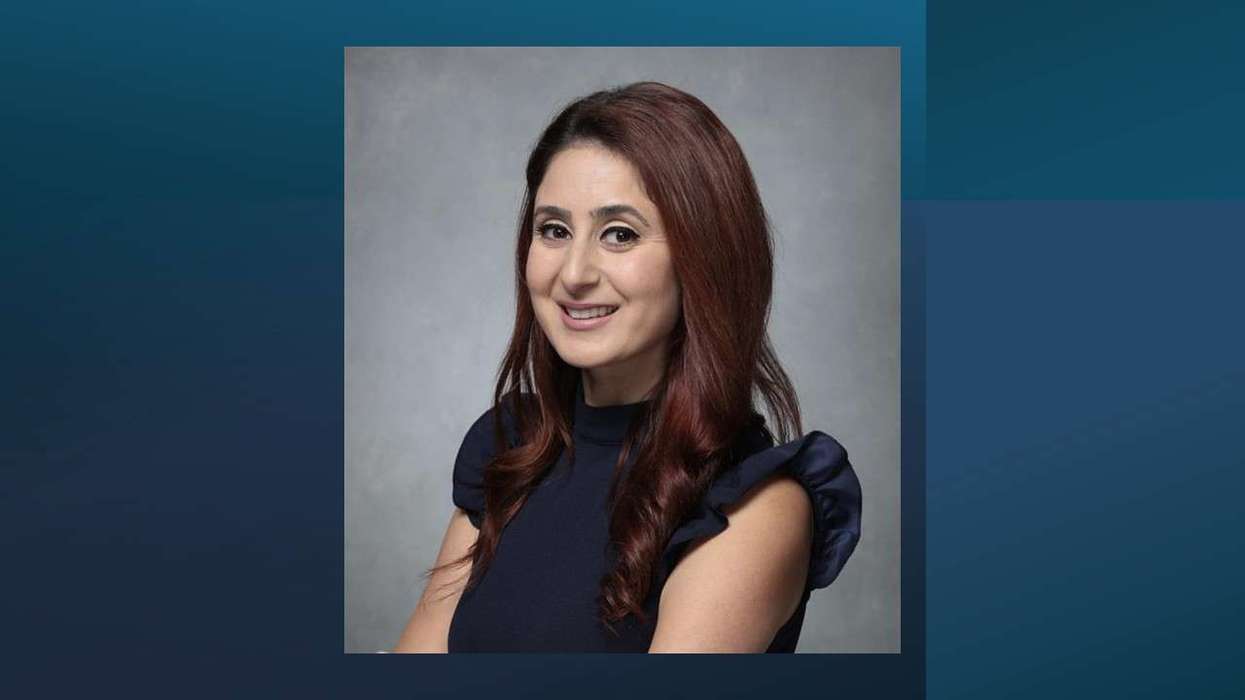CHOICE HOTELS INTERNATIONAL began its 69th Annual Convention, themed “Powering the Future,” at Mandalay Bay in Las Vegas on April 29. The three-day event opened with a keynote by Choice President and CEO Patrick Pacious before thousands of owners, operators and industry partners from around the world.
The event includes 100 educational sessions, a trade show for owners to connect with vendors, and brand sessions where Choice leaders outline focus areas and company investments to drive revenue and reduce costs, Choice said in a statement.
Pacious opened with a message: Choice Hotels is not just bigger, but stronger.
“Everything we do at Choice Hotels is about delivering value to hotel owners. The stronger we and our franchisees grow together, the more we can reinvest in their future success,” said Pacious.
“With 22 brands ranging from economy and midscale to upscale, upper upscale, and extended stay, and more than 7,500 hotels worldwide, the company leverages its growing size to strengthen value for owners by increasing revenue opportunities, reducing operating costs and supporting long-term business success.”
Some results achieved by Choice and its owners include:
- A 6 percent year-over-year increase in converting lookers to direct bookers after the ChoiceHotels.com update; upscale booking conversion rose more than 14 percent in the first quarter of 2025.
- Area directors helped owners identify over $25 million in operational cost savings in 2024, averaging $33,000 per participating property.
- A food group purchasing program delivered an average 9 percent savings on food costs, based on market-basket comparisons from July 2024 to March 2025.
- In 2024, hotels using ChoiceROCS recorded a 100-basis-point RevPAR Index premium over non-users, generating $81 million in incremental revenue for participating properties.
The company's scale has enabled strategic investments in proprietary tech tools, loyalty programs, and support systems that help its hotels stand out.
“Becoming bigger has allowed us to build a better and stronger business for you,” Pacious told the crowd.
Scale that works
Choice’s business revenue increased 45 percent year-over-year in the fourth quarter, with transient business revenue in upper midscale rising 20 percent. Business travel now accounts for 40 percent of all stays, diversifying demand beyond leisure travel, the company said.
Through partnerships with AAA, AARP, Preferred Hotels & Resorts and Westgate Resorts, along with a strengthened Choice Privileges loyalty program, Choice Hotels is driving more guests to its properties and marketing channels, it claimed.
According to the company, AARP members booked more than 1.1 million room nights at Choice hotels in 2024, and hotels with an official AAA appointment saw an average return on investment of $50,000. Loyalty membership surpassed 70 million, with members booking direct more often, staying longer and spending more.
The program’s enhancements — longer booking windows, premium room redemptions and exclusive experiences — have driven a 30 percent increase in redemptions and 13 percent growth in average length of stay, Choice said. More redemptions have increased loyalty and Elite memberships, with 20 percent of redemption stays including a paid night, extending stays and driving demand.
Tech integration
Choice has integrated artificial intelligence for more than five years, using it for marketing, revenue management and new business tools to help owners grow, the company said. Last year, Choice launched an initiative to develop and implement a suite of capabilities to be delivered over the next two years.
These consist of four areas:
- Managing rates with more flexibility.
- Driving more occupancy from small-to-mid-sized companies using a self-serve platform.
- AI-driven digital marketing that delivers personalized messages to targeted customers.
- An AI-enhanced group travel system that helps franchisees identify opportunities and respond to requests for proposals.
Brand performance
Choice recently launched new prototypes for Comfort and Country Inn & Suites, refining their brand identities and introducing new features to drive growth. One in four midscale hotels in the U.S. are flying a Quality Inn flag, a brand that marked its 85th anniversary last year.
Meanwhile, Pacious stated that the company plans to stay ahead by continuing to invest where it matters most.
Last year, the company marked the opening of its 500th property and continues to innovate with solutions like “Lobby in a Box” and “Kitchen in a Box,” making conversions easier and faster. Choice brands accounted for half of all economy and midscale extended stay hotels open and under construction in 2024, it said.
Choice said its Everhome Suites brand is growing quickly, with 25 hotels projected to open by the end of 2025. The WoodSpring Suites brand continues to operate under a proven formula, with gross operating profits above 55 percent.
Pacious stated that “today’s Choice is the industry’s one to watch” in the upscale and upper upscale segments, where the company’s growing presence is driven by strategic investments and a series of brand refreshes designed to stand out.
Upscale-and-above room count rose 44 percent to more than 110,000 rooms in 2024, and Choice Privileges members now have access to 180,000 upscale rooms, including through partnerships with Westgate Resorts and Preferred Hotels & Resorts, the company said.
Pacious closed with a message of momentum: Choice Hotels is delivering and has plans for the future.
"From midscale and extended stay leadership to AI-powered transformation, Choice’s scale isn’t just making it bigger — it’s making it better," he said. "That scale, combined with a commitment to innovation, is powering new possibilities for hotel owners ready to grow alongside one of the industry’s most forward-looking franchisors."
In April, Choice Hotels International hosted its 10th MasteryX tech summit in Scottsdale, Arizona, with 650 associates exploring tech solutions to boost revenue, cut costs, and improve efficiency for hotel owners.






